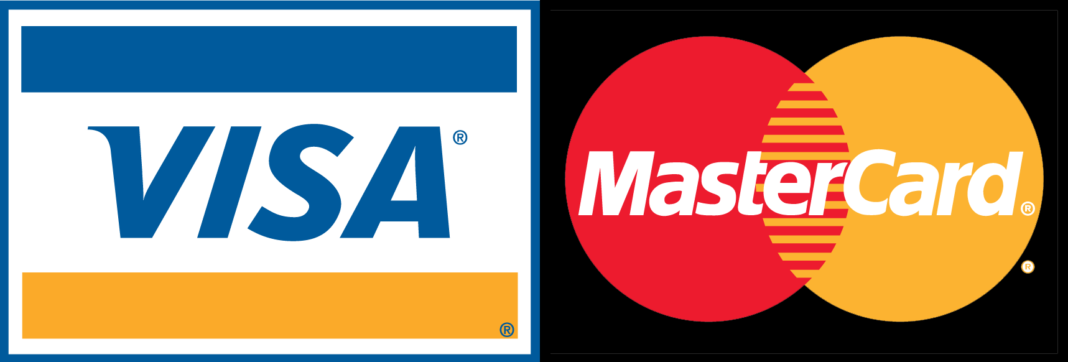The multinational participates in a project to train the next generation of blockchain developers in more than 80 student associations around the world.
The Blockchain Education Alliance of the blockchain accelerator MouseBelt now has 11 new members. Among these founding members are Ripple‘s innovation arm Xpring and MasterCard, the multinational financial services based in Purchase, New York, United States.
The new members include the innovation arms of payments startup Ripple and crypto exchange Binance; as well as representatives from Neo, KuCoin and Ethereum scaling solution Matic Network.
They join the 13 previous companies that are Stellar, TRON, Hedera, ICON, LTO, Nervos, Orbs, Emurgo, Ontology, Harmony One, Network, NEM Labs, and Wanchain. All of them became part of the alliance when it was announced last October 2019. The group intends to teach all about cryptocurrencies and blockchain technology.
Blockchain Education Alliance is also an initiative to promote blockchain innovation through education. The main objective is to provide university students with the knowledge they need to enter the world of blockchain technology.
More Benefits for Blockchain
The Education Alliance intends to maintain a network of industry and academic leaders to develop educational initiatives. In this way, it will also make it possible to accelerate the mass adoption of blockchain technology, something that would help expand its use.
As part of its activities, MouseBelt organizes meetings with personalities of the crypto industry, as well as hackathons to support the cooperation and the creation of opportunities to learn more about blockchain technology. Members can also meet with researchers to develop new use cases of blockchain technology and help the industry grow.
“Universities need established experts in the space to help develop curriculum and projects to share valuable knowledge. We have an opportunity to have a positive impact on how blockchain technology is introduced to students, which will result in more blockchain developers, more innovative research, and higher quality companies”, Ashlie Meredith, Director of MouseBelt University said last November.
A University Program
The Blockchain Education Alliance is part of MouseBelt’s university program. This is an initiative to train the next generation of blockchain developers in more than 80 student associations all around the world.
“The members all share our ethos: The best way to invest in the space is to make long-term investments in education (…) the better the education, the better developers and projects we will see”, Meredith added.
The university program has also established partnerships with some of the world’s leading engineering departments, such as UCSB and UC Davis, through their UC Blockchain Initiative.
Warren Paul Anderson, Head of Developer Relations at Ripple’s Xpring incubator, said joining the alliance allowed them to prepare prospective developers with the skills and resources they need.
“MouseBelt’s mission to promote blockchain technology at the curriculum level within universities is directly aligned with that of Xpring”, he said.
Interest in Blockchain
MasterCard handles more than $14 trillion worth of payments every year. It is one of the world’s largest payment providers worldwide.
The multinational has been showing interest in cryptocurrencies and blockchain technology. Last year, it joined as a founder member of Libra, the cryptocurrency of Facebook. Visa, the main competitor of MasterCard, also joined the project. But both companies left the association in October 2019 due to some restrictions imposed by the U.S. Securities and Exchange Commission (SEC).
But this is another opportunity for MasterCard to get closer to blockchain technology and, probably, help develop new platforms and improve the adoption of Distributed Ledger Technology.
By María Rodríguez











